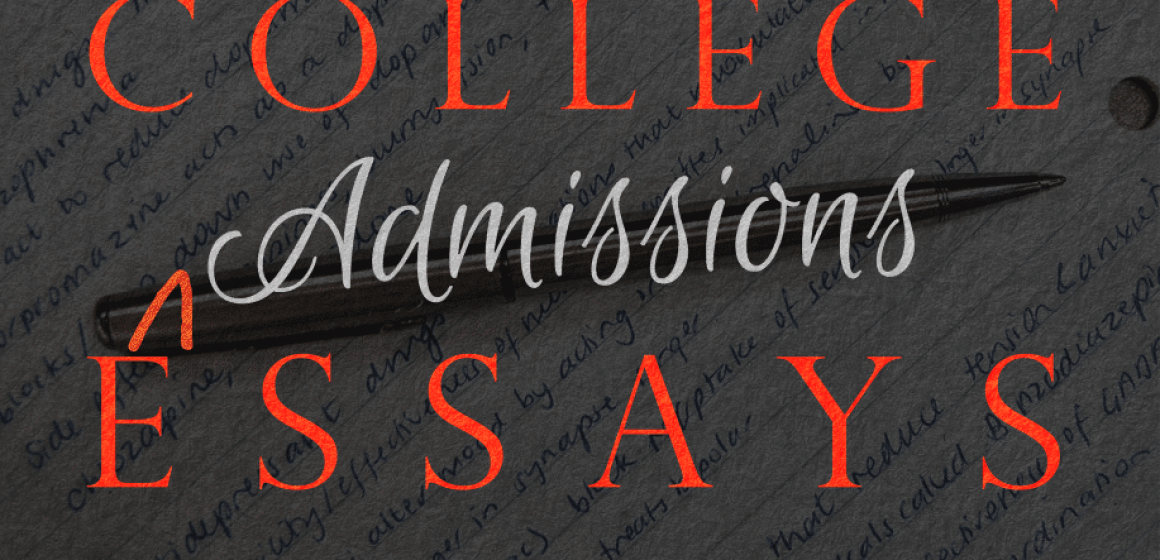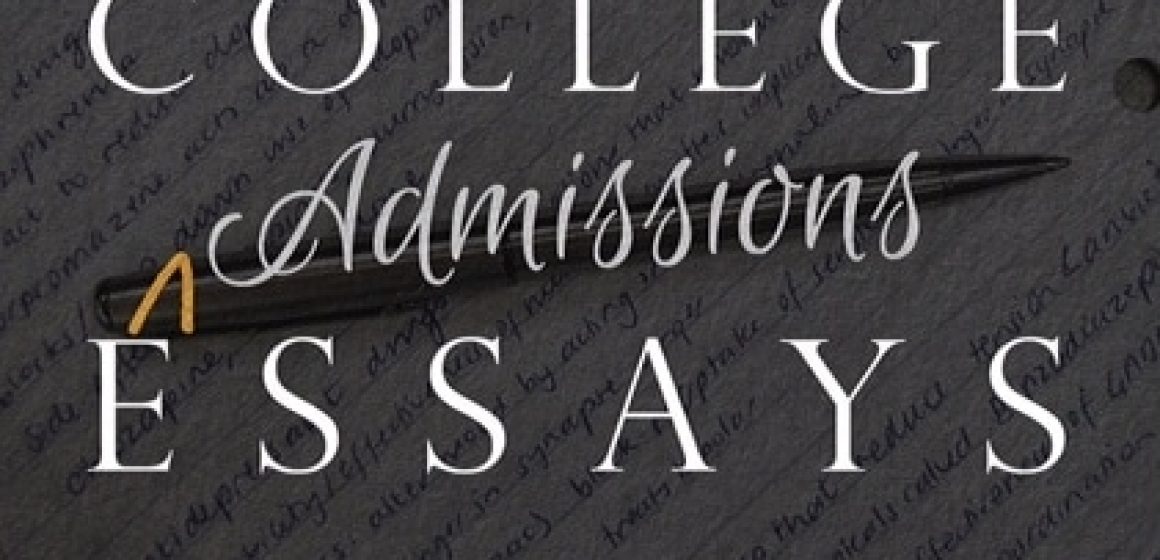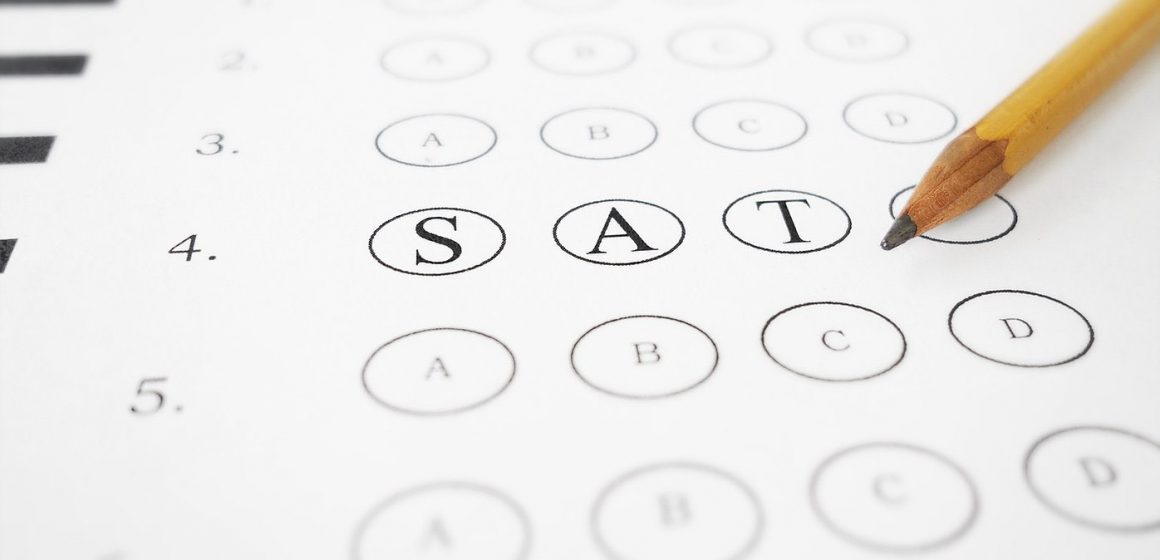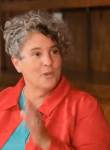Waitlisted? What Next?
In these crazy and confusing times of COVID-19, in which high schools and colleges alike have gone virtual, it’s virtually impossible to navigate the even-more-complicated maze of college admissions.
All tours are off. Many schools have created virtual tours with college admissions staff pointing out the attributes of the campus at which they used to work, in buildings that are now boarded shut.
It is far from business as usual.
Admissions decisions have also been affected.
Because of the uncertainty of the times, some schools delayed their decisions and/or have opted to waitlist more students than usual.
Colleges seem to need to know whether the applicant is willing to travel far from home, or to leave home at all, before offering them an out-and-out acceptance.
Some colleges have extended the deadline for accepting your acceptance to give you more time to think about it.
The waitlist has become the new go-to for many colleges, but not knowing whether you’re in or not creates even more uncertainty in an uncertain time.
What to do if you’re waitlisted
First off, you need to make a decision in your own heart about whether or not you still want to go to that particular college under these very particular set of circumstances.
You need to consider the possibility that classes will be held in the flesh in August/September, but that a new wave of infection may sweep the country just as the weather begins to cool down. Then what?
Are you OK being far away from home under these circumstances?
What happens if you are quarantined and can’t return?
Thought it may seem extreme to consider these possibilities, in fact, this scenario is far from unlikely.
Letters of Continued Interest (LOCI)
If indeed, you still have your heart set on the school-of-your-choice and you’ve been waitlisted, I would strongly suggest you submit a Letter of Continued Interest. Every year at this time, I help students in this position. The extra effort and info you provide could tip the scales in your favor.
Here are a few quick tips on how to write these letters:
- Make your letter short(ish) and sweet. They already have your application and they’ve already taken you seriously. You just want them to know you’re still very interested, even in these crazy times.
- Don’t include information you’ve already given them. Add to what you’ve already provided with new developments, ideas, accomplishments.
- State your interest directly, but uniquely. Don’t say “I am writing this because I am still interested in attending . . .” Start with something more attention-grabbing (but not sensational).
- Show that you’re aware of what’s happening in the world at the moment and perhaps include in this letter your response to that and how that relates to your ultimate goal(s)
- Make sure your letter is proofread and perfect. The last thing you want to do is make grammatical mistakes or give them something they didn’t even ask for that contains typos.
I am here to guide you if you need help. A strong LOCI can make all the difference!

















